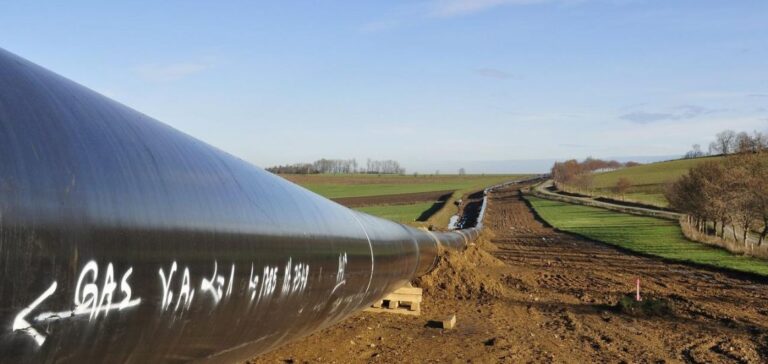Houston-based APA Corp. one of the last remaining US operators in the North Sea, sees “no” stability in the UK oil and gas sector. It is therefore changing its approach to managing decline and cash flow, said company CEO John Christmann IV on August 3.
APA Corp. responds to UK hydrocarbon instability by managing decline and cash flow
In presenting its second-quarter results, Christmann noted that APA’s UK production from the Beryl and Forties fields had increased in the second quarter due to reduced maintenance activity and a new project, Storr North, commissioned in June. APA Corp. was formerly known as Apache until a structural change in 2021. APA’s overall North Sea production, mainly oil rather than gas, increased by 3% year-on-year to 42,000 b/d oil equivalent in Q2.
Within this production, crude oil rose by 8% to 35,000 boe/d. However, Christmann reiterated the decision to end rig drilling and put the Ocean Patriot rig back on the market, citing an unfavorable investment environment, alluding to recent tax hikes and threats from some politicians to end North Sea licenses.
APA has other places to invest its capital, including Suriname, where it has been involved in recent exploration breakthroughs, he added. “We basically ran a program in the North Sea with the Ocean Patriot for six months,” said Christmann. “Right now, and from a North Sea perspective, we would need to see some stability in the regime to make long-term investments, and right now we haven’t seen any stability.” “So I don’t expect us to jump at the chance just because prices are up and we decide to invest heavily in the North Sea at this stage, apart from what we need for maintenance, integrity and safety of the facilities.”
Hydrocarbon stability in the UK: Fiscal and political challenges influence investments
This comes at a time when the UK authorities are trying to revive interest in the North Sea as a location for investment in oil, gas, renewables and CO2 storage projects. However, they are struggling to overcome concerns over unstable taxation and a possible moratorium on new licenses should the Labor Party win the next national election. Norwegian company Equinor’s possible investment decision in the 300 million barrel Rosebank project in British waters is seen as a test, but major US operators such as Chevron and ExxonMobil have largely already left the UK oil industry in recent years.
Decommissioning prospects APA’s Forties facilities comprise five offshore platforms, representing a significant decommissioning obligation, and are linked to a larger network of fields operated by other companies that together produce the Forties crude oil blend. The Forties field represents around 10% of the total Forties mix, and the North Sea has consistently recorded the company’s highest pre-tax margins worldwide.
The challenge of stability: APA Corp. sails through 2030 in the UK’s hydrocarbons sector
Its average realized North Sea oil price in Q2 was $79.27/bbl. Platts, a division of S&P Global Commodity Insights, valued the benchmark North Sea Dated Brent at $85.80/b on August 3, up $1.63/b in one day.
APA reiterated that it still considers its UK acreage to contain “technically attractive drilling prospects”, but said they cannot be “economically justified at this time”.
The company’s CEO, Christmann, said the company continues to expect its UK assets to produce into the early 2030s, despite public talk of a possible reduction in the timetable for the Forties field.
“The biggest thing is simply a change in philosophy,” he said. “We will operate for safety and integrity, manage decline and cash flow. There’s still plenty of time. Even removing the Patriot doesn’t really change our timeline for abandonment – I think we’re still well into the early 2030s.”






















